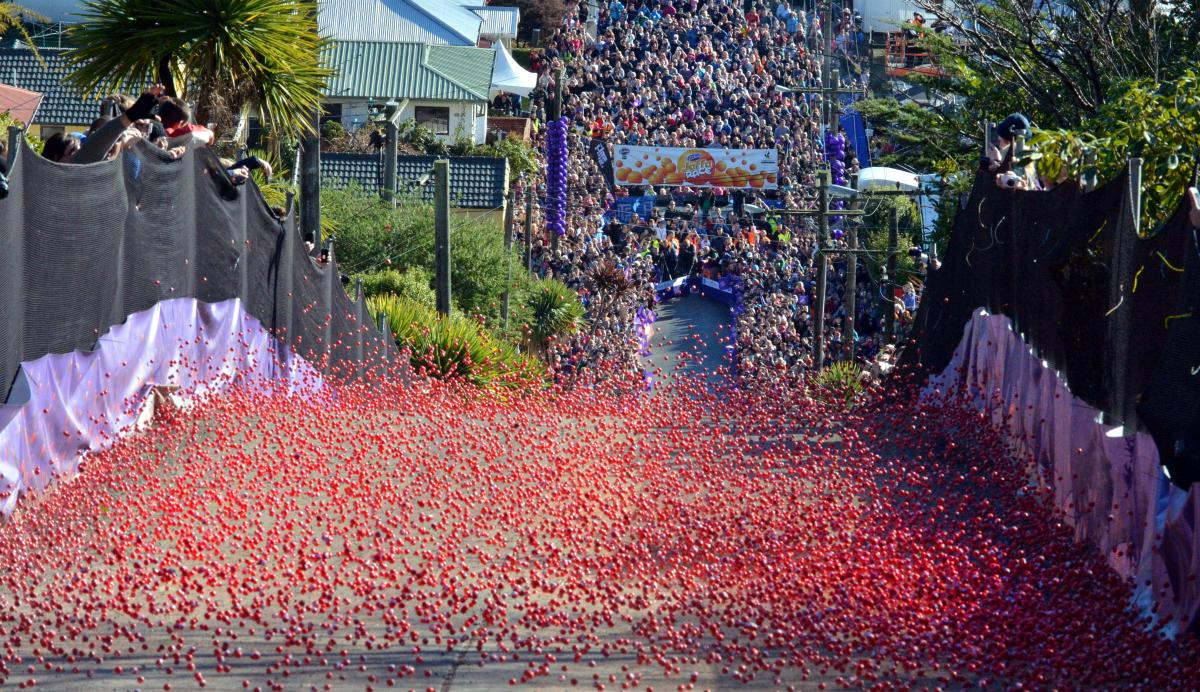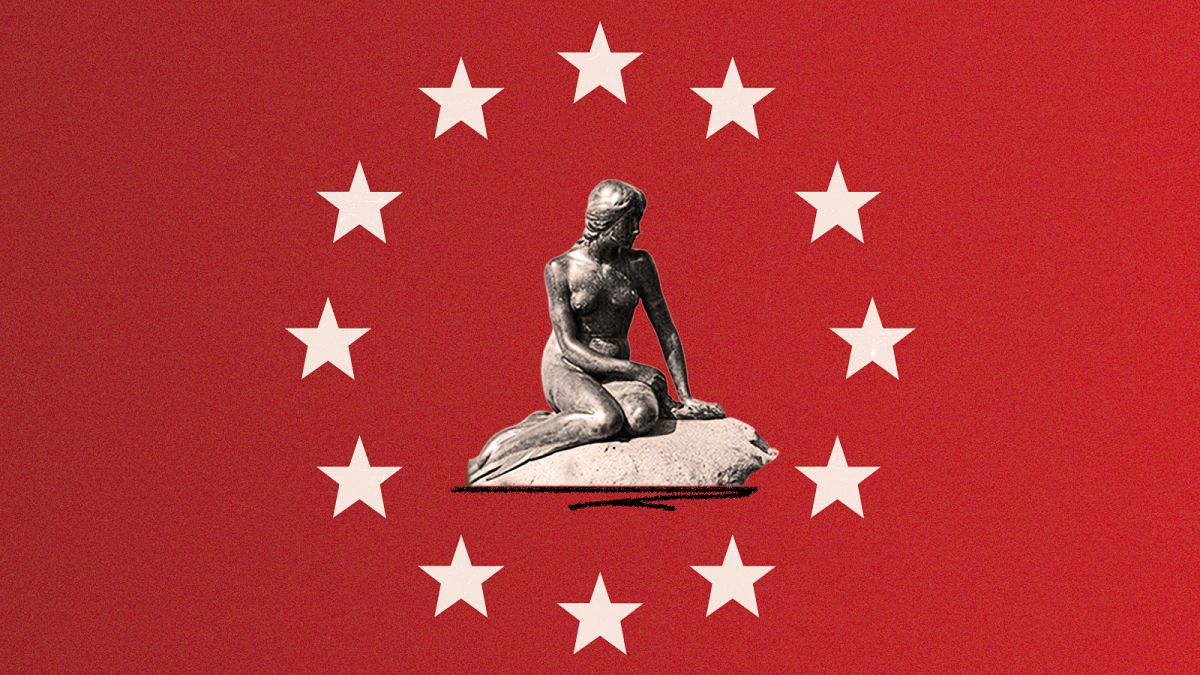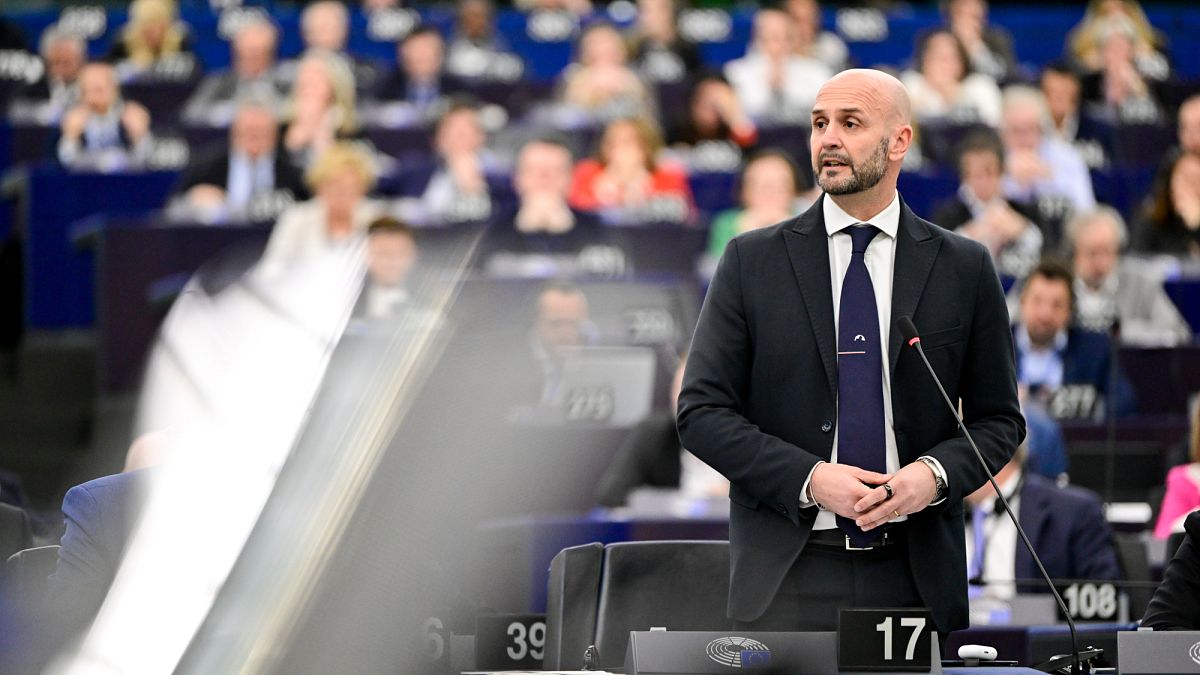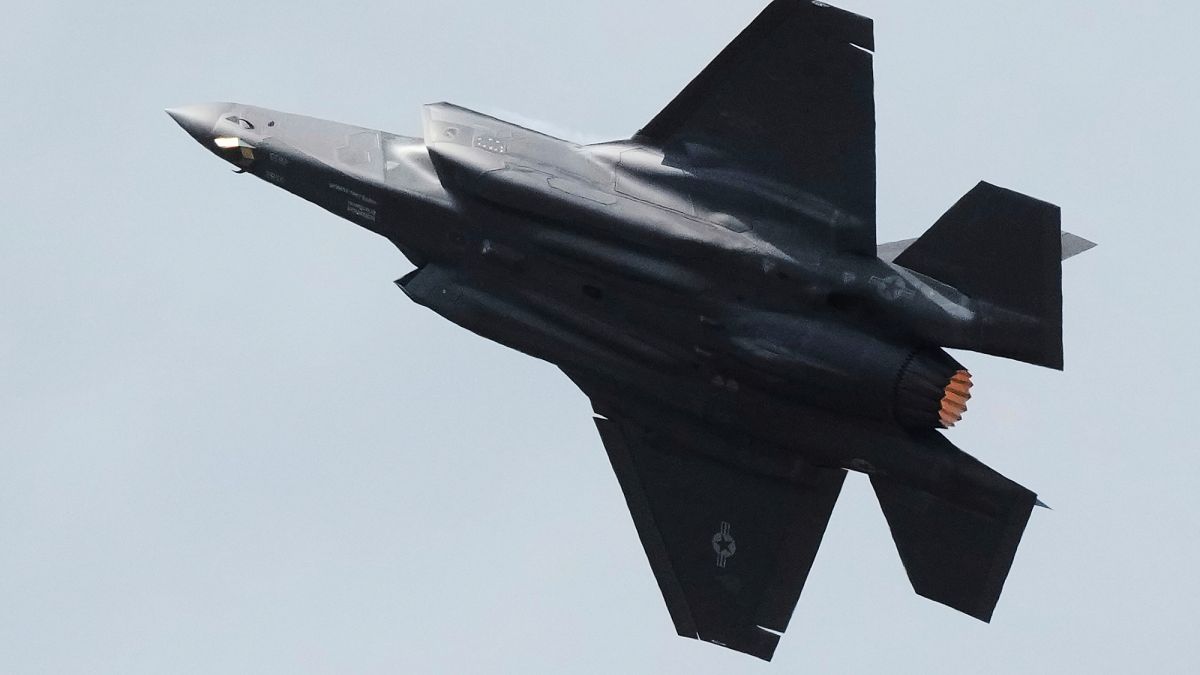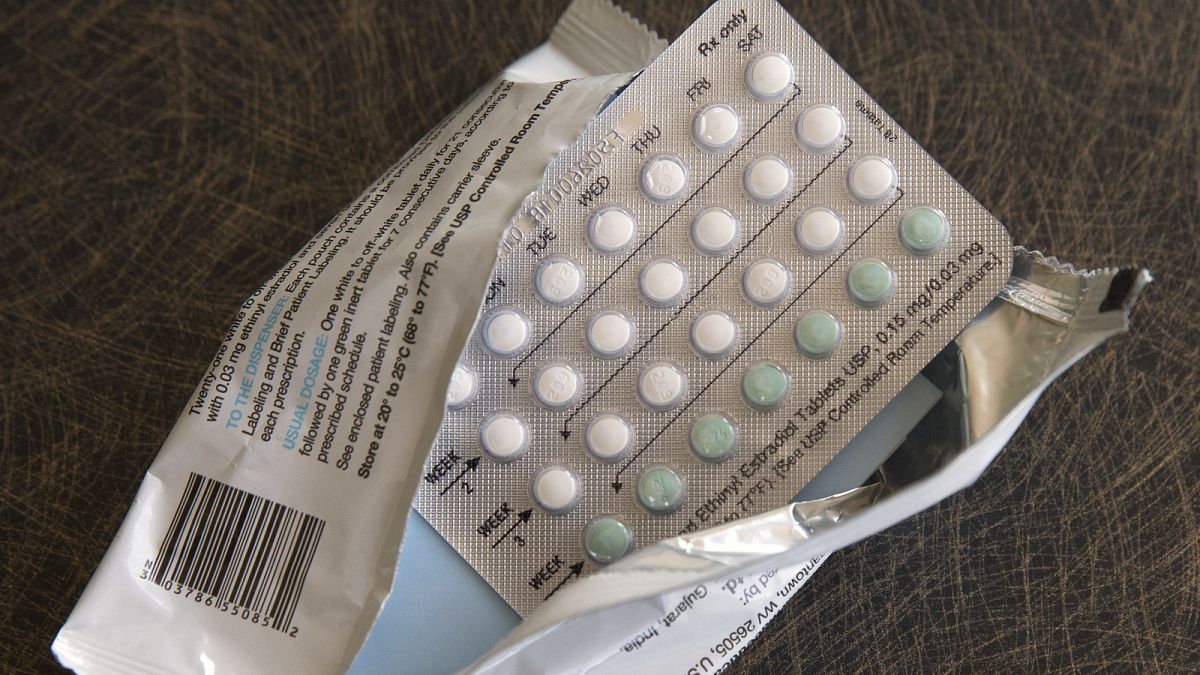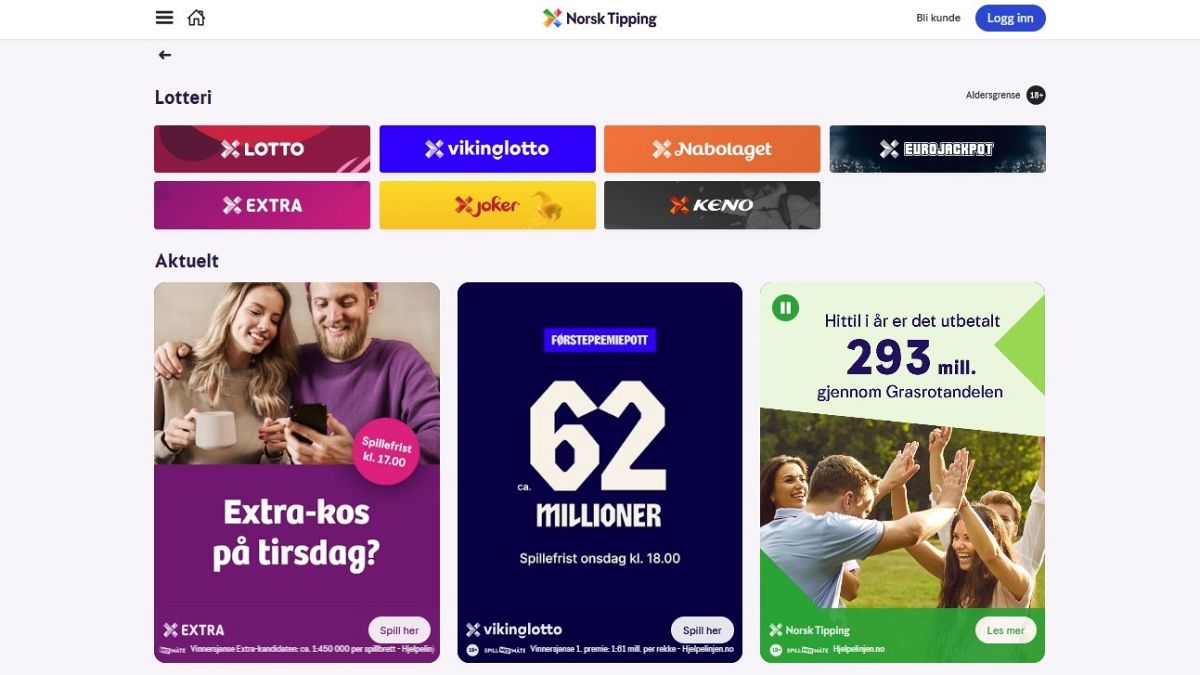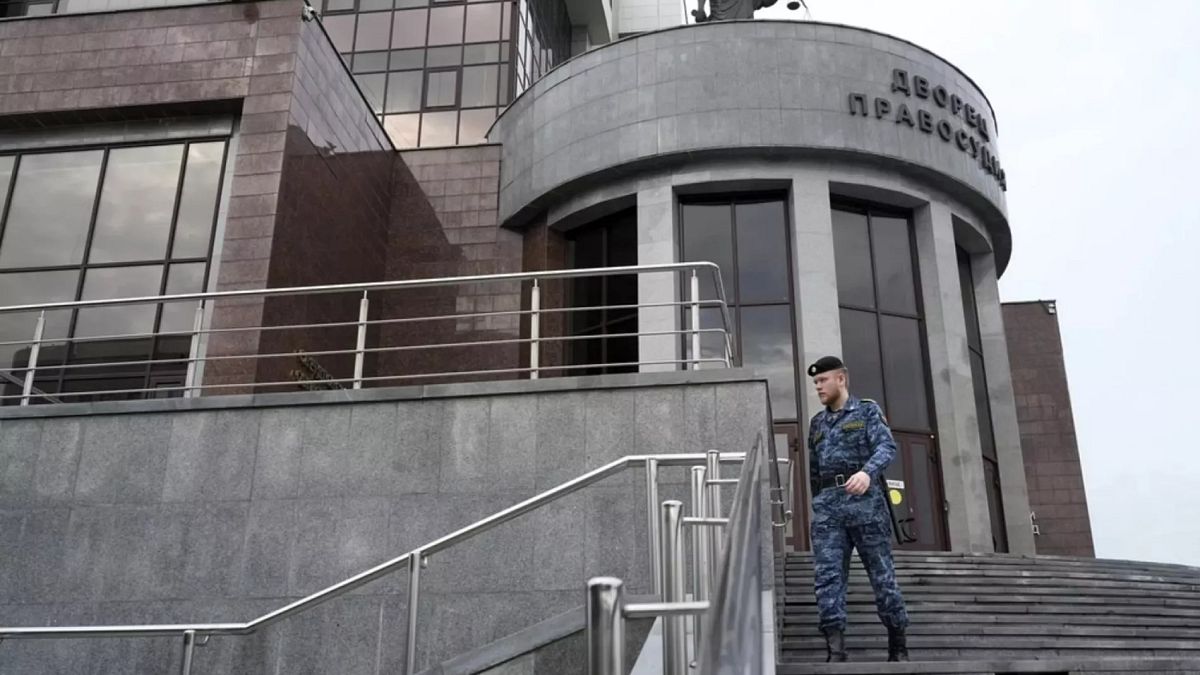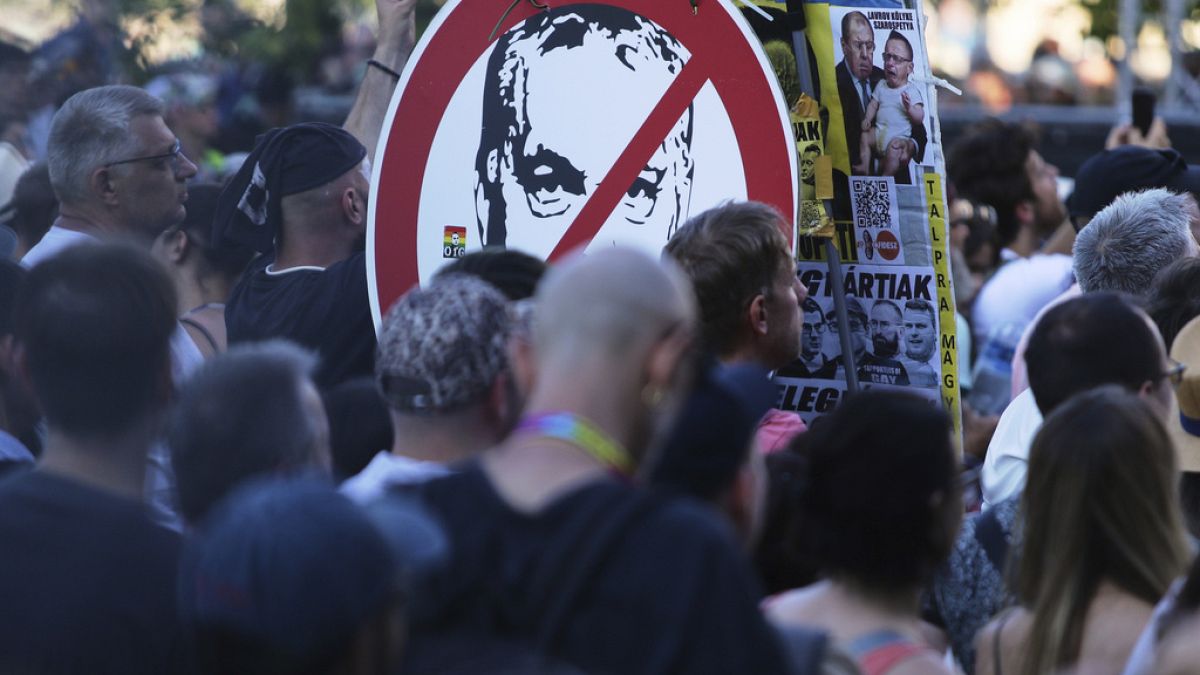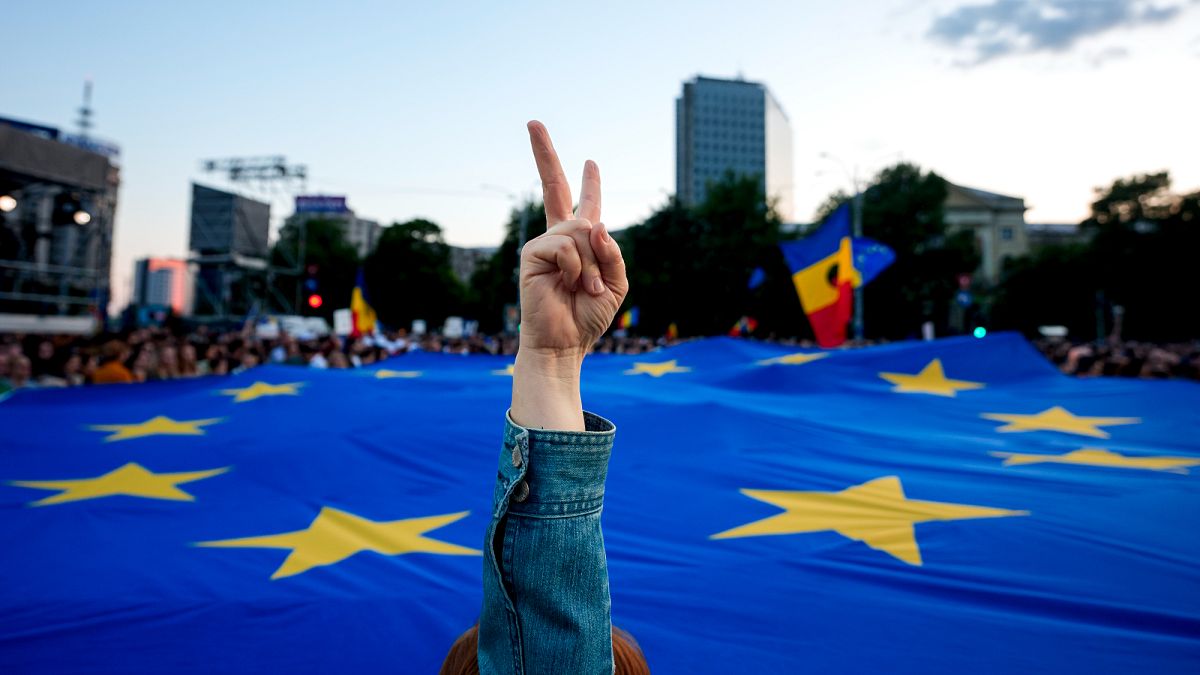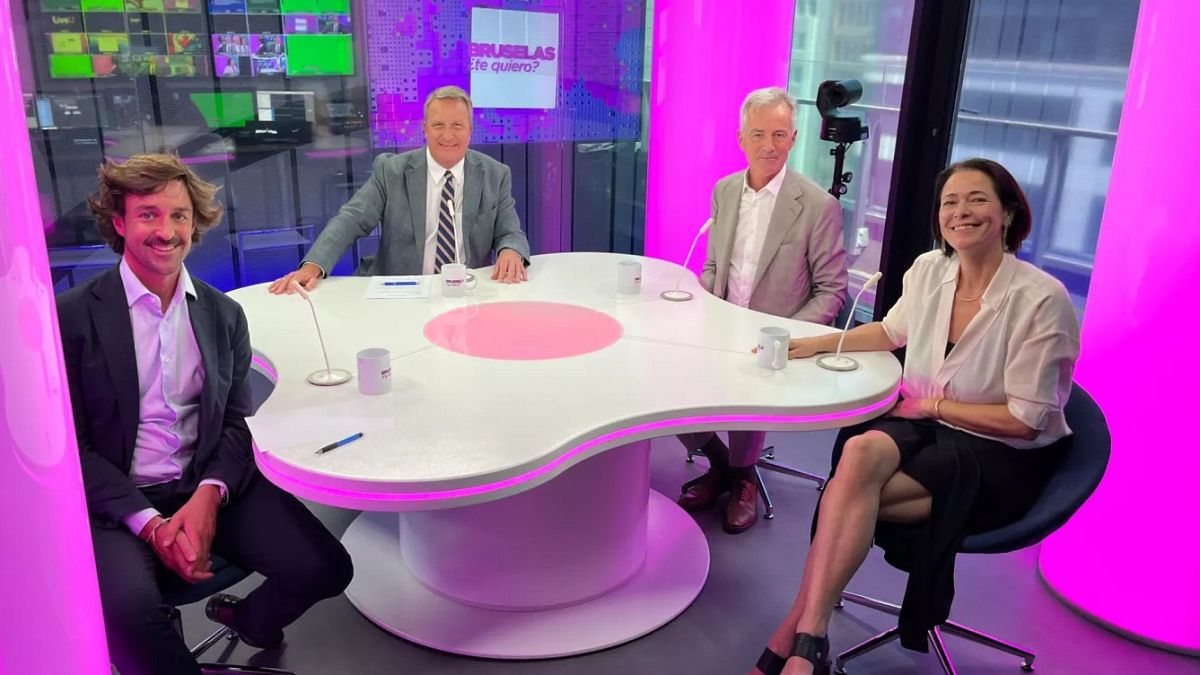After a vote during a fractious meeting of the European Parliament’s environment committee, the row over the funding of non-governmental organisations in the EU policy bubble is rolling on, with a statement from the EU executive provoking criticism that it was bending to pressure from the political right.
The conservative European People’s Party (EPP) and allies further to the right lost by one vote on Monday evening a motion objecting to the EU executive’s decision on funding NGOs through the LIFE Programme for the period 2025 to 2027.
In a subsequent statement, the Commission noted that funding for NGOs was “explicitly provided for in the LIFE Regulation” and that it remained “fully committed to ensuring a healthy and vibrant civil society”. However, it also stated some work programmes attached to grant agreements “contained specific advocacy actions and undue lobbying activities”.
The EPP seized on the latter statement, with the co-sponsor of the censure motion Sander Smit saying the Commission had “finally admitted” wrongdoing – although Budget Commissioner Piotr Serafin did just that in the parliament in January, when he acknowledged use of EU funds to lobby MEPs was inappropriate.
Smit pointed to the EU executive’s fresh commitment to preclude “lobbying that targets specific policies or MEPs” from grant agreements, prevent conflicts of interest and review transparency. “This is good news for EU taxpayers, for the integrity and balance of EU Institutions and for the separation of powers,” he said.
“It is also good news for those parts of civil society organisations that work transparently and fairly,” the Dutch lawmaker added.
The European Environmental Bureau, among the largest green groups operating in Brussels, welcomed the Commission’s acknowledgment of the “essential role” of NGOs, but pointed to “serious questions” the process had raised around “blackmailing and backdoor influencing by some political groups”.
Commission denies ‘singling out’ NGOs
Faustine Bas-Defossez, the group’s policy director, said public funding enabled NGOs to work in the public interest and represent voices that would otherwise go unheard by policy makers. “If that’s considered ‘undue lobbying’, then we must seriously question what those standards mean for the future of democratic accountability in Europe,” she said.
The Socialists & Democrats group, second in size only to the EPP, slammed what it sees as submission to pressure from the right and demanded that environment commissioner Jessika Roswall explain why green groups are being “singled out”.
“This politically motivated move risks legitimising right-wing attacks to silence civil society,” the S&D said on social media. “We won’t accept this.”
Asked by Euronews to respond to this criticism, a spokesperson for the EU executive, Balazs Ujvari, said guidance issued last May applied to all beneficiaries of funding through the LIFE Programme, which has a budget of €5.43 billion for the period 2021-2027, of which NGOs shared about €15 million last year, with individual grants capped at €700,000.
Private companies, local authorities and research foundations also receive LIFE funding, but the issues that prompted the EU executive to take action had arisen in relation to NGOs “according to our own research and assessment”, Ujvari said.
“We don’t want to be seen as obliging…non-governmental organisations to lobby concrete members of the European Parliament,” the Commission official said. “This is the main consideration for us.”
Eurosceptics demand a parliamentary inquiry
If the EPP’s latest statement seemed somewhat conciliatory – they “strongly support the LIFE programme and recognise the very important role of NGOs”, the group’s environment policy coordinator Peter Liese said – the same cannot be said for the co-sponsor of the failed parliamentary motion, the eurosceptic ECR group.
On the morning after the vote, co-chair Nicola Procaccini told reporters in Strasbourg that the ECR wanted to set up a parliamentary committee of inquiry into what they are characterising as a full-blown corruption scandal.
“We have successfully gathered the required number of signatures to initiate the procedure for a formal committee of inquiry about the so-called Timmermans-gate,” Procaccini said, adding that the proposal would be put forward at the next meeting of parliamentary group presidents, who set the parliamentary agenda.
However, it appears far from likely that the initiative will succeed. The ECR and its allies further to the right would need the support of the EPP, so the position of group leader Manfred Weber at the meeting on Thursday morning (3 April) will be decisive.
An official contacted by Euronews said the group had not formally discussed the subject. “However, the EPP generally does not support the multiplication of special parliamentary committees, especially when existing committees, such as CONT, are already fully capable of addressing the issue.”
The official was referring to the parliament’s committee on budgetary control, which is due to adopt on 7 April its report on the discharge of the Commission’s 2023 budget.
Greens co-chair Terry Reintke told Euronews that NGOs play an “essential role in balancing the interests of business in European legislation” and it “goes without saying that EU funds must be spent according to the rules”, but she questioned the ECR’s motives.
“Following the script of Donald Trump and Viktor Orbán, ECR wants to silence NGOs and civil society, and we call on EPP members to stick with the democratic centre,” the German lawmaker said.
The EU Court of Auditors is due to present next week an eagerly awaited report into NGO funding that, although it will not specifically target groups operating primarily in the Brussels policy making bubble, will no doubt shine a light on the EU executive’s monitoring and transparency practices.


